The California State Attorney General’s Office has filed a 40-page response with the U.S. Supreme Court opposing an effort by a Pasadena-based church to remove restrictions on worship services in the midst of the coronavirus pandemic.
Just In: Supreme Court orders review of California virus rules for churches
Days after the Supreme Court barred restrictions on religious services in New York, California state leaders argued that their own local restrictions are needed to limit virus transmission and are proportional to the risk posed by specific worship activities.
As it awaits a pending appeal, Harvest Rock Church — which has locations in Pasadena, Santa Ana, Corona and downtown Los Angeles — has filed an emergency petition asking the Supreme Court to approve an injunction blocking state-imposed coronavirus restrictions.
Church attorneys describe those restrictions as “draconian and unconscionable.”
The emergency request to the court generally questions whether the state is able to restrict the size of religious gatherings while giving what the church’s attorneys describe as “preferential treatment to comparable nonreligious gatherings.”
With most of the state reverting to the strictest tier of coronavirus restrictions, indoor religious services have been largely curtailed in California.
Earlier Supreme Court rulings allowed state governors in California and Nevada to restrict attendance at religious services. But the makeup of the Supreme Court has changed since those rulings, with Justice Amy Coney Barrrett joining the court following the September death of Justice Ruth Bader Ginsburg.
Last week’s Supreme Court ruling on New York’s restrictions on religious services found that they violated the First Amendment’s protection of the free exercise of religion. Justice Neil Gorsuch, in a concurring opinion, wrote that the New York restrictions treated religious activities more harshly than secular ones.
Many faith leaders in Southern California have heralded the Supreme Court’s ruling in the New York case as a victory for religious freedom, though it did not have an immediate impact on local restrictions.
A Supreme Court ruling in favor of Harvest Rock, however, would likely impact worship centers across California.
The ongoing legal battle has illustrated the difficulty in balancing the needs of public health with the right to religious exercise. Many faith leaders have pushed back against California’s restrictions, with a coalition of 1,200 pastors in May issuing an ultimatum to Gov. Gavin Newsom stating that either the state needed to lift bans on religious services or they would gather anyway.
The state Attorney General’s Office, in its most recent court filing, noted that California is seeing a surge of rising coronavirus cases and increased hospitalizations, a senario that “threatens to overwhelm the state’s healthcare system.”
The state attorneys noted that unlike shopping malls and retail stores, where customers are only in proximity for short periods of time, worship services entail a large number of people remaining in close proximity for prolonged periods, leading experts to consider them an elevated risk for coronavirus transmission.
Similar secular activities — such as lectures, movie theaters, live concerts and sporting events with spectators — face restrictions comparable to religious services, according to the state filing.
“We recognize that the current restrictions interfere with (the) plaintiffs’ legitimate interest in participating in indoor worship service — and the state is committed to relaxing those restrictions as soon as public-health circumstances allow, as it has in the recent past,” the state attorneys wrote.
“At present, however, that temporary interference is justified by the state’s interest in limiting the transmission of COVID-19 through tailored, evidence-based policies that are proportional to the degree of risk posed by particular activities,” they said.
Senior Harvest Rock Pastor Che Ahn, in a Fox News interview last week, said his church is able to accommodate social distancing, has encouraged members of their congregation to wear masks, and has asked those with health conditions to stay home.
In a response to the state filing, attorneys for the church wrote that under current conditions “indoor worship services are completely prohibited for 99.1 percent of Californians.”
“The governor’s ‘color-coded executive edicts’ violate the cherished liberties enshrined in the First Amendment, and the public has no interest — pandemic or not — from seeing the government enforce unconstitutional restrictions on … religious worship services,” church attorneys wrote.
___
(c)2020 The Orange County Register (Santa Ana, Calif.)
Visit The Orange County Register (Santa Ana, Calif.) at www.ocregister.com
Distributed by Tribune Content Agency, LLC.
—-
This content is published through a licensing agreement with Acquire Media using its NewsEdge technology.



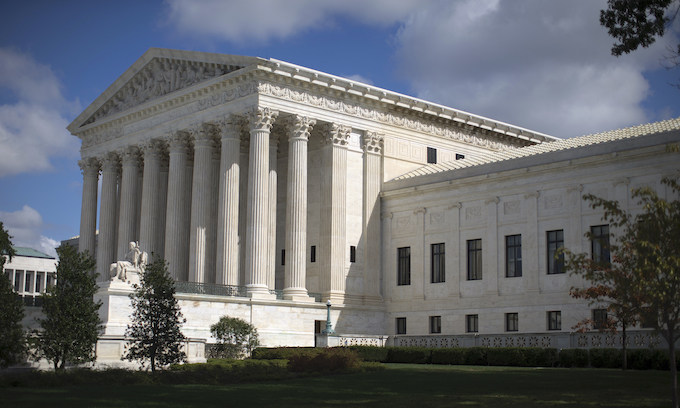
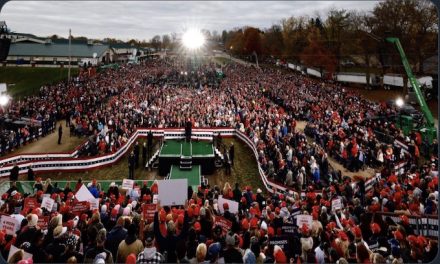

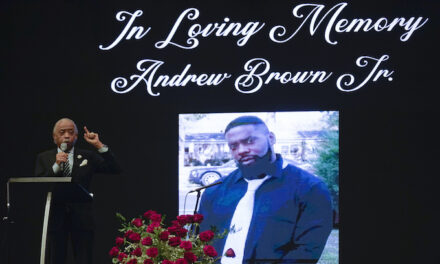
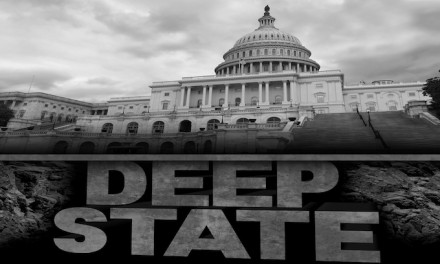






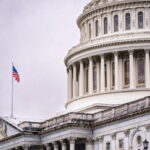
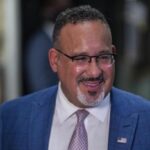
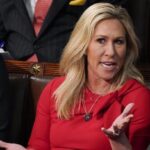


“California state leaders argued that their own local restrictions are needed to limit virus transmission and are proportional to the risk posed by specific worship activities.”
“their own local restrictions are needed to limit”
The three questions of Thomas Sowell
1. Compared to what?
2. At what cost?
3. What hard evidence do you have?
Limiting virus transmission does not eliminate the virus, only slows it down, so the death count is the same, it is just that the quality of life for everyone is severely degraded for a longer period of time
If California had been smart like Sweden this all could be over now
Send that Attorney General (2ndLt) a copy of the Bill of Rights with a portion underlined, ‘Congress shall make NO law etc’, this was what was used to remove prayer and Bible reading from schools using the Jeffersonian phrase concerning a separation of church and state. True, this was not the real intent of the amendment nor of Jefferson’s letter, but it has become the norm in most legal discourse, our government has no business in legislating, in this case dictating, what churches can and cannot do. I would think most religious organizations have the interest of their members at their core and the ability to do what needs to be done to protect them!
How’s about the SCOTUS< LOCK THE scumbags in CA's legislature/governor and mayors mansions down. PERMANENTLY!